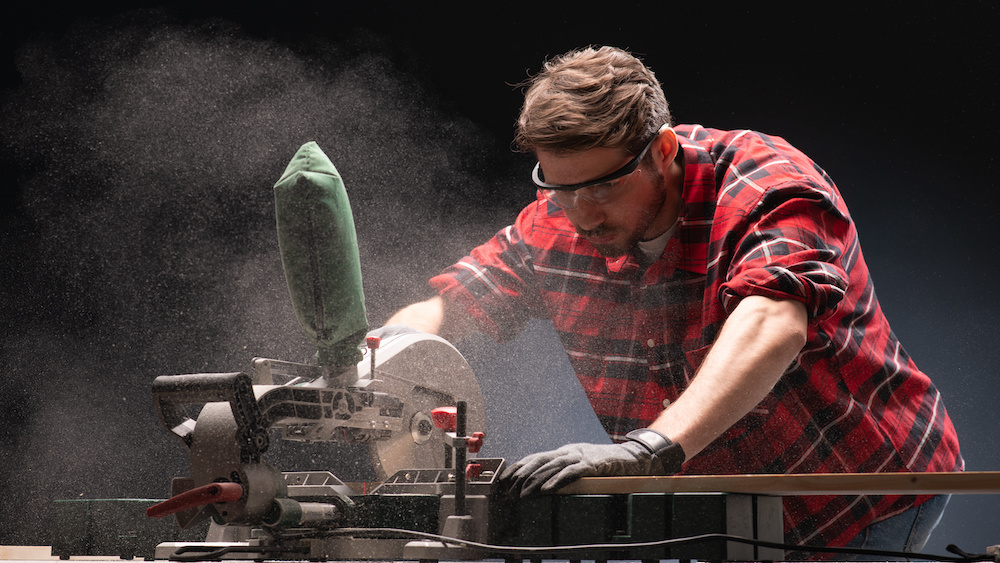Some workbench tools — those workhorses like hammers and power drills — are worth the investment. But you may be better off renting many others. Here’s a handy guide to help you decide when to buy and when to rent. Your wallet will thank you.
Tools to Buy and Keep…
Basic tools that are likely to be used over and over while renting or owning a home are candidates for purchase. A hammer, a drill, a flat- and Phillips-head screwdriver, pliers and a wrench are all components of a home workbench. If you have a yard, maintenance tools such as a lawn mower, leaf blower, and weed eater/edger are needed week after week.
Workbench Tools to Rent…
Renting a tool is a more budget-friendly option when the project is a one-time job or an occasional chore requiring specialized tools. We’re talking post-hole diggers, hammer drills, and impact drivers, nail guns, drill presses, compressors, and concrete cutting tools. Saws come in all types but think renting for wet tile saws, miter saws, larger skill saws (12” or larger), and table saws. Planers, lathes, routers, sanders, and grouters are others you might use once or twice and can be rented easily. Renting is also a great option when you’re considering a purchase but haven’t yet decided on a brand or style. Renting saves you further in maintenance costs. You’ll save on storage space too.
Insurance…
For tool rentals, insurance is a small investment to protect yourself from needing to pay for a replacement if something goes wrong.
Community Tool Lending…
Check out websites like Zilok or others for neighborhood tool co-ops. Apps such as Rent Tools, ShareMyToolbox, or ToolRent are a great way to rent from individuals instead of large corporate tool rentals.
Tips…
If you’re not an expert and want to learn, look into classes and tutorials. Many of the big-box home improvement centers offer free classes on a regular basis. Ask friends or neighbors who specialize in a particular trade to guide you. Ask the tool rental staff for tips and tricks.
Accessories…
Whether buying or renting tools, don’t forget about safety and accessories. Hard hats, eye, and ear protection aren’t optional. Purchase everything needed to be safe.
Related – Essential Tools for the Home Workshop


